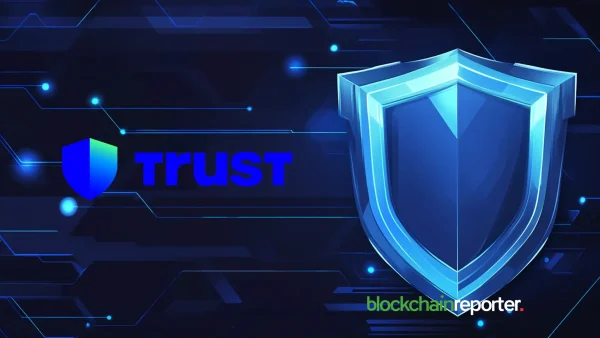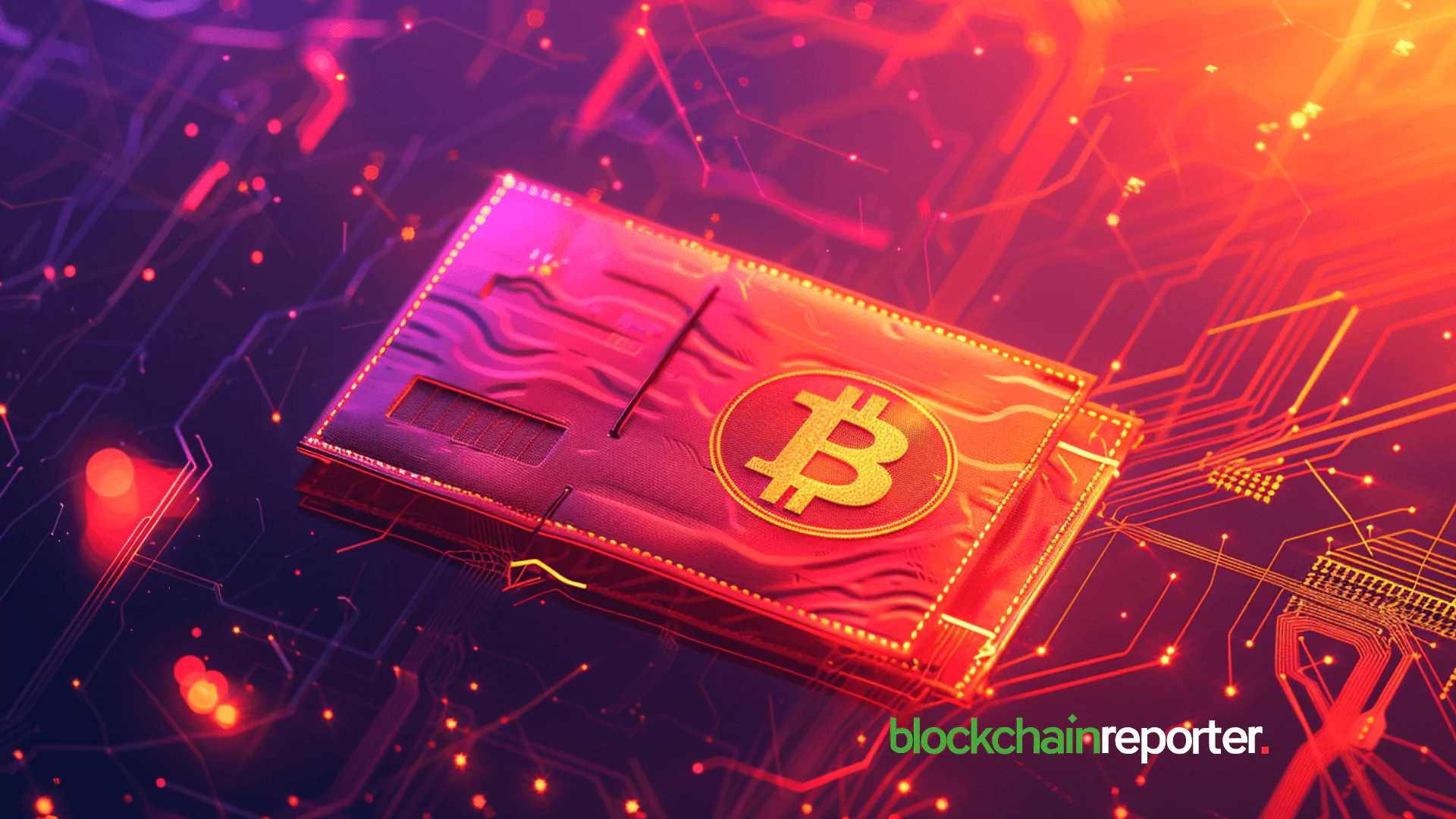
- 1. Introduction
- 2. Bitcoin Core Team & History
- 3. Key Features of Bitcoin Core Wallet
- 4. Security Aspects of Bitcoin Core Wallet
- 5. How Bitcoin Core Wallet Works
- 6. Supported Cryptocurrencies
- 7. Design & Hardware
- 8. Interface & Ease of Use
- 9. Bitcoin Core Wallet Price
- 10. Customer Reviews and Feedback
- 11. Warranty and Support
- 12. Comparing Bitcoin Core Wallet with Alternatives
- 13. Conclusion: Is Bitcoin Core Wallet Right for You?
Introduction
Bitcoin Core is one of the most well-known and widely used clients in the Bitcoin ecosystem. This Bitcoin Core review aims to provide an in-depth analysis of it, exploring its features, security aspects, user experience, and how it stands against competitors. Whether you are a seasoned crypto enthusiast or a newcomer, this review will help you understand if Bitcoin Core is the right wallet for you.
What is Bitcoin Core?
Bitcoin Core is the original Bitcoin wallet and the reference implementation of the Bitcoin protocol. It is a full-node wallet, meaning it downloads and verifies the entire Bitcoin blockchain, providing maximum security and transparency. Developed and maintained by a community of dedicated contributors, Bitcoin Core Client plays a crucial role in the Bitcoin network’s infrastructure.
Why Choose Bitcoin Core Wallet?
Bitcoin Core is renowned for its security and reliability. As a full-node wallet, it provides the highest level of security by independently verifying transactions and blocks. This makes it less susceptible to attacks and fraud compared to lightweight wallets that rely on third-party servers.
Users of Bitcoin Core Client have complete control over their private keys and funds. There is no reliance on third-party services, ensuring that you are the sole custodian of your assets. Running a Bitcoin Core node contributes to the decentralization and security of the Bitcoin network. By verifying transactions and blocks, Bitcoin Core users help maintain the integrity of the blockchain.
Bitcoin Core Team & History
Bitcoin Core’s development is managed by a decentralized team of volunteers and contributors from around the world. The project was initially launched by Satoshi Nakamoto, the pseudonymous creator of Bitcoin, in 2009. Since then, it has evolved with contributions from many prominent developers, including Gavin Andresen, Wladimir J. van der Laan, and Pieter Wuille.
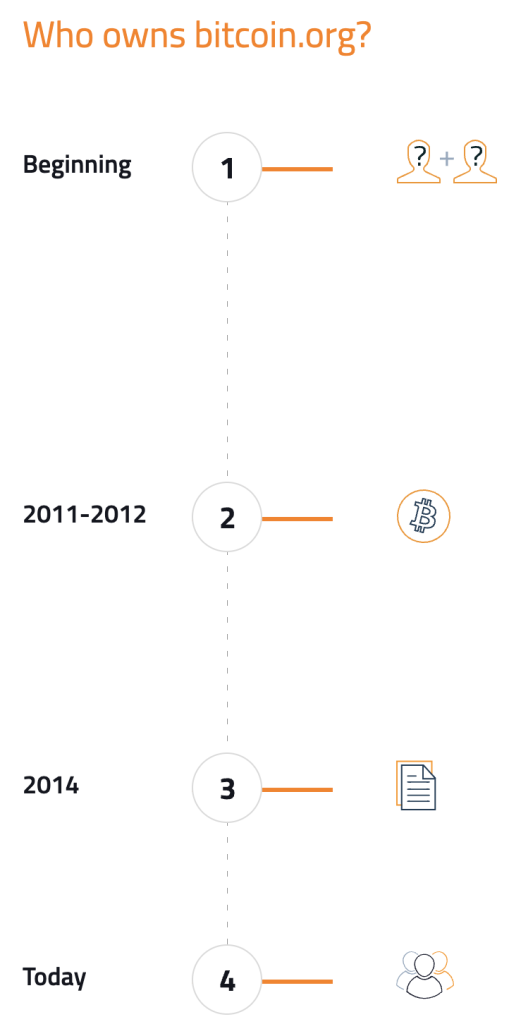
Key Features of Bitcoin Core Wallet
Despite being a powerful tool, Bitcoin Core Client has made significant strides in improving user experience. The interface, while not as sleek as some modern wallets, is straightforward and functional, catering to both advanced users and beginners.
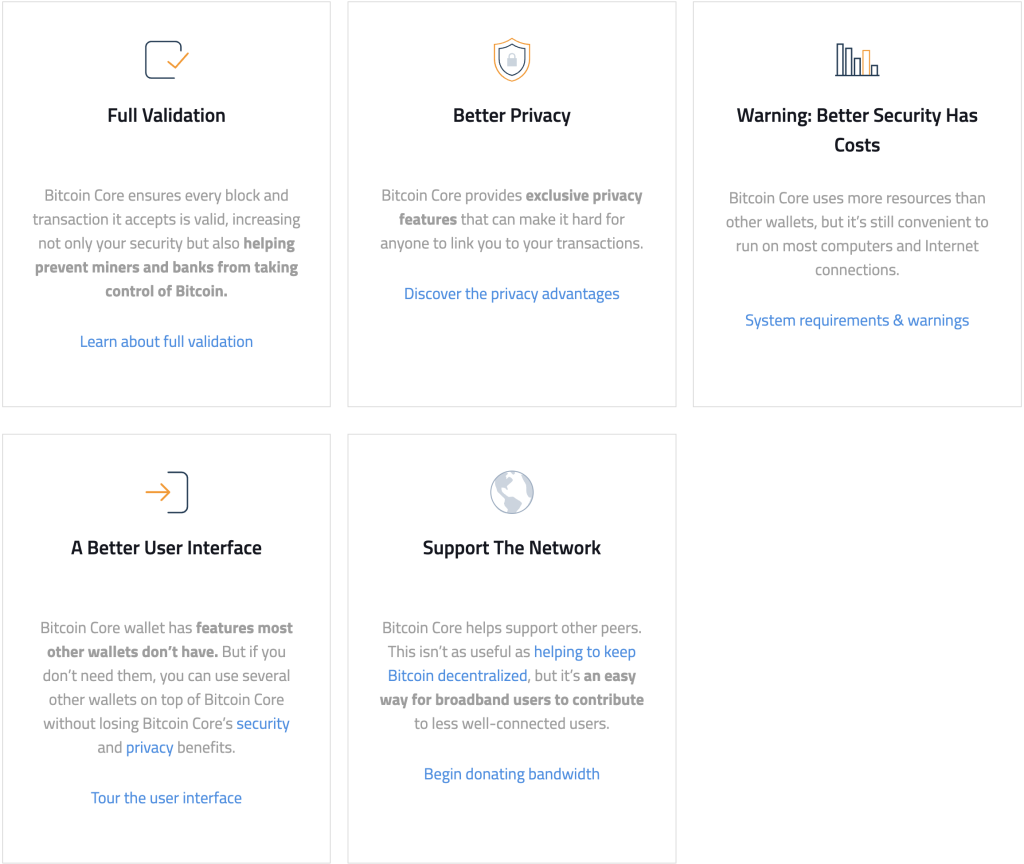
User-Friendly Design and Functionality
This focus ensures that both advanced users and beginners can navigate and use the wallet effectively:
- Straightforward Interface: The main dashboard provides clear access to essential functions, such as sending and receiving Bitcoin, viewing transaction history, and managing addresses. The design avoids unnecessary frills, concentrating on delivering a practical user experience.
- Advanced Features: For power users, Bitcoin Core offers advanced features like coin control, which allows users to select specific coins for spending. This feature can help manage transaction fees and improve privacy.
- Customizable Settings: Users can adjust various settings to tailor the wallet’s performance and connectivity to their preferences. This includes options for bandwidth usage, storage management, and network connectivity, allowing for a personalized experience.
Detailed Product Specifications
As per our Bitcoin Core review, it stands out as a robust and feature-rich full-node wallet. Here are its detailed product specifications:
- Type: Full-node wallet. Bitcoin Core operates as a full-node wallet, meaning it downloads and verifies the entire Bitcoin blockchain. This ensures the highest level of security and decentralization by independently validating all transactions and blocks.
- Compatibility: Windows, macOS, Linux. Bitcoin Core supports the three major operating systems, making it accessible to a wide range of users. The wallet is available for download on the official Bitcoin Core website, with installation guides for each platform.
- Languages Supported: Multiple languages. Bitcoin Core offers multi-language support, making it accessible to users worldwide. This feature is particularly beneficial for non-English speakers, ensuring they can navigate and use the wallet comfortably.
- Size: Requires substantial disk space. Currently, the entire Bitcoin blockchain is over 400 GB and continues to grow. This significant storage requirement is necessary for maintaining a complete copy of the blockchain and ensuring the wallet’s security and reliability.
Security Aspects of Bitcoin Core Wallet
Bitcoin Core is built with security as a top priority:
- Private Key Control: Users have full control over their private keys, ensuring that they are the sole custodians of their funds. Unlike some wallets that rely on third-party services, Bitcoin Core does not store or manage private keys on behalf of users.
- Decentralized Verification: As a full-node wallet, Bitcoin Core Client independently verifies all transactions and blocks. This process eliminates the need to trust third-party servers and enhances the security and integrity of the blockchain.
- Regular Updates and Maintenance: The Bitcoin Core development team regularly updates the software to address security vulnerabilities, improve performance, and introduce new features. Users are encouraged to keep their wallet updated to benefit from these improvements.
Privacy & Security Measures
Bitcoin Core offers robust privacy features, including Tor support for anonymous communication and coin control for managing which coins are spent in a transaction, enhancing privacy:
- Coin Control: Users can manage which coins are used in transactions, helping to avoid linking addresses and enhancing privacy.
- Tor Network Integration: By routing transactions through the Tor network, users can mask their IP addresses, making it more difficult for third parties to trace transactions back to them.
Potential Risks
While Bitcoin Core offers superior security, it requires significant resources, such as disk space and bandwidth. Users must also be vigilant with their private keys and backups, as losing them means losing access to their funds.
Code Openness & Reproducibility
Bitcoin Core’s code is open-source, allowing anyone to review and contribute. This transparency ensures that the software remains secure and free from hidden vulnerabilities.
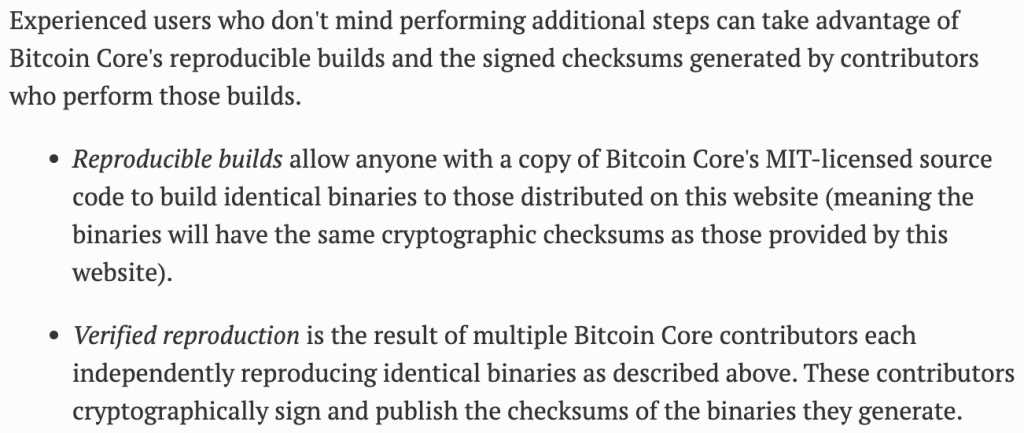
Seed Generation, Backup, and Storage
Bitcoin Core generates a unique seed phrase for wallet creation, which must be securely backed up. Regular backups are crucial to prevent loss of funds in case of device failure.
How Bitcoin Core Wallet Works
Bitcoin Core primarily focuses on Bitcoin transactions. For buying and selling, users typically need to use an exchange, as Bitcoin Core Client does not directly support these functions. Swapping between cryptocurrencies is not supported natively and requires additional software or services.
Buying, Selling, and Swapping Cryptocurrencies
Here’s how it handles different aspects of cryptocurrency management:
- Buying Bitcoin: To buy Bitcoin, users need to utilize an external cryptocurrency exchange. Once purchased, Bitcoin can be transferred to the Bitcoin Core wallet using the wallet’s receive function. Users generate a receiving address within Bitcoin Core, which they provide to the exchange for the transfer.
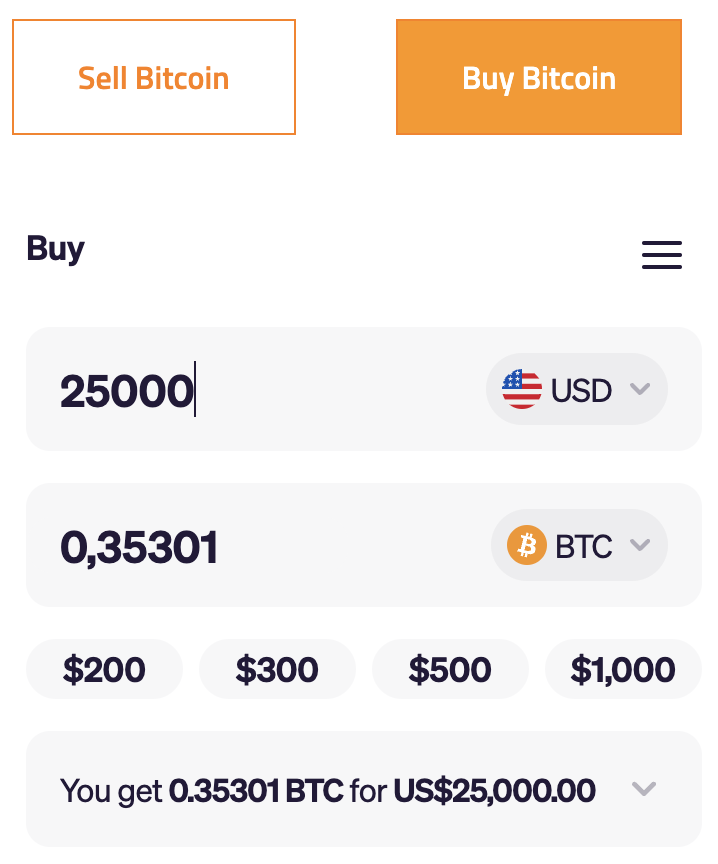
- Selling Bitcoin: Similar to buying, selling Bitcoin requires the use of an external exchange. Users send Bitcoin from their Bitcoin Core wallet to the exchange’s wallet address. After the transaction is confirmed, they can sell their Bitcoin for fiat currency or other cryptocurrencies on the exchange platform.
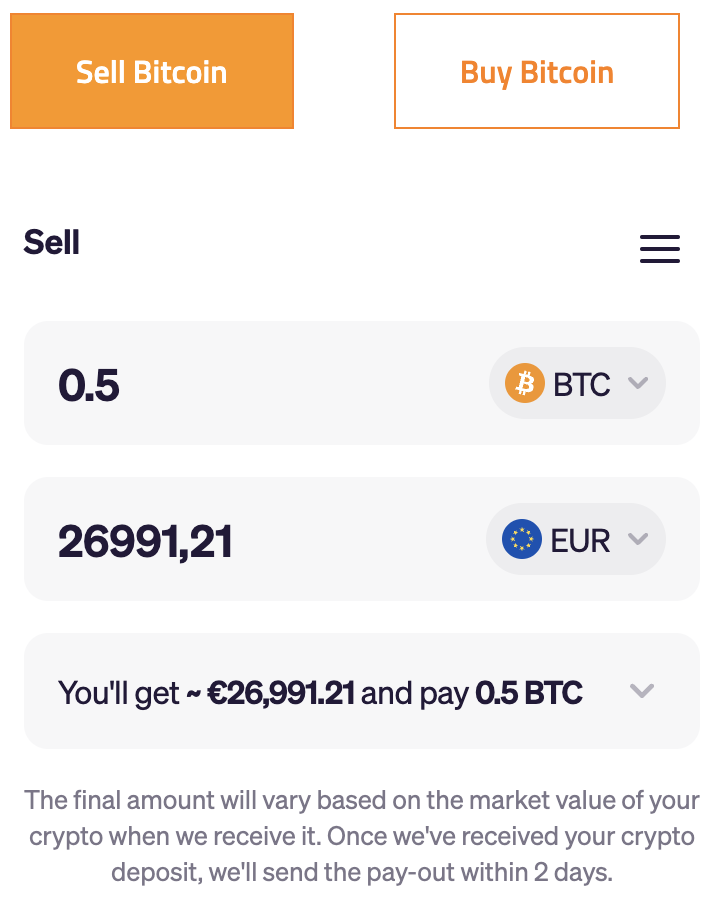
- Swapping Cryptocurrencies: Bitcoin Core does not support direct swapping between different cryptocurrencies. Users who need to exchange Bitcoin for another cryptocurrency must use a third-party service or exchange. They would first send their Bitcoin from Bitcoin Core to the exchange, perform the swap, and then withdraw the desired cryptocurrency to a different wallet that supports it.
Setting Up the Bitcoin Core Wallet
Setting up Bitcoin Core is a straightforward process, but it requires patience due to the blockchain synchronization step. Here’s a detailed guide:
1. Download the Software:
- Visit the official Bitcoin Core website and download the latest version compatible with your operating system (Windows, macOS, or Linux).
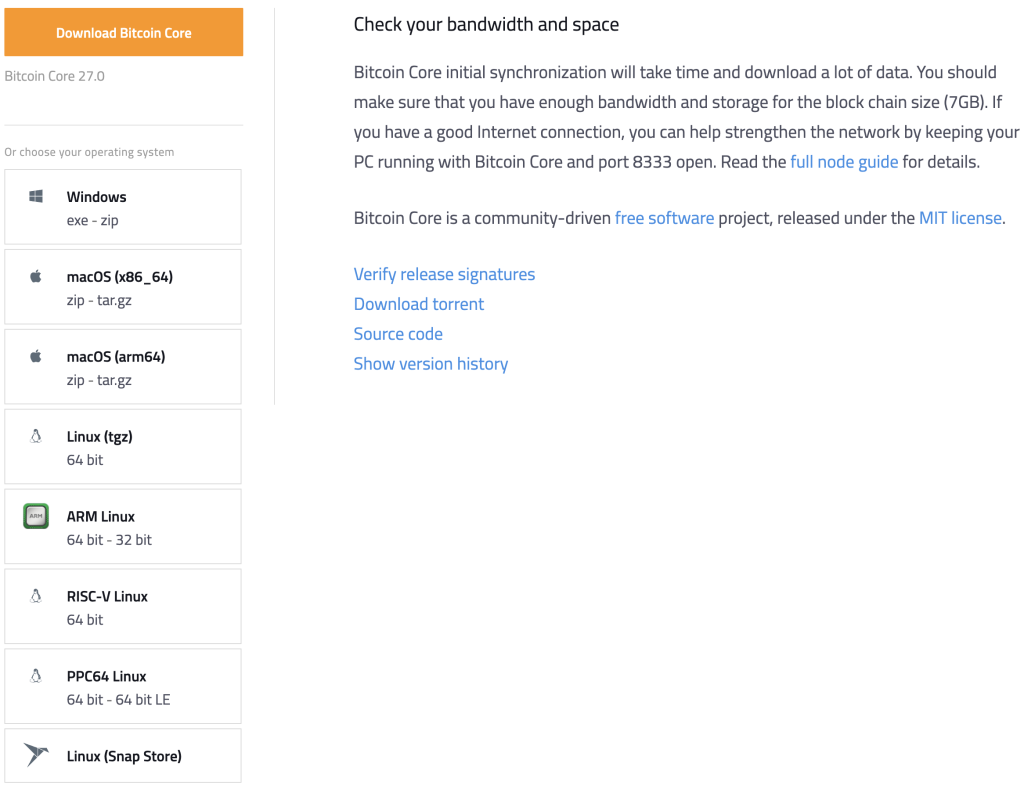
2. Install the Software:
- Run the installer and follow the on-screen instructions. During installation, you will be prompted to choose a directory for the blockchain data. Ensure you have enough storage space, as the blockchain currently exceeds 400 GB.
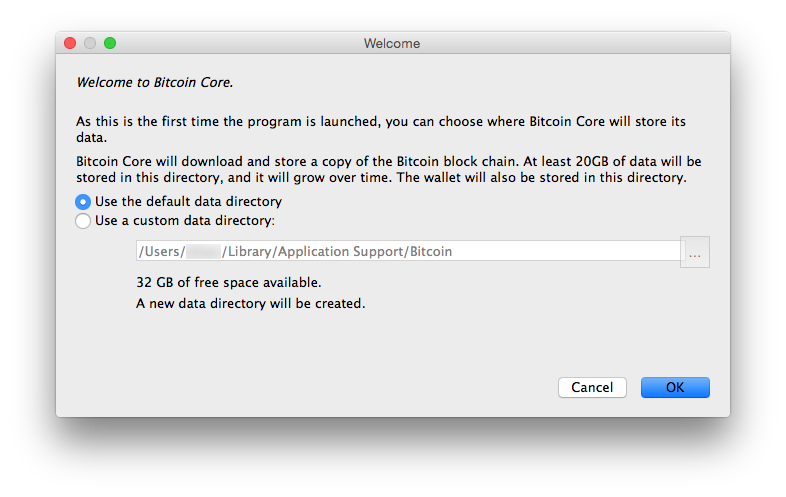
3. Initial Setup:
- After installation, launch Bitcoin Core. The software will begin downloading and synchronizing the entire Bitcoin blockchain. This process can take several days, depending on your internet speed and hardware capabilities. It’s recommended to leave your computer running continuously until synchronization is complete.
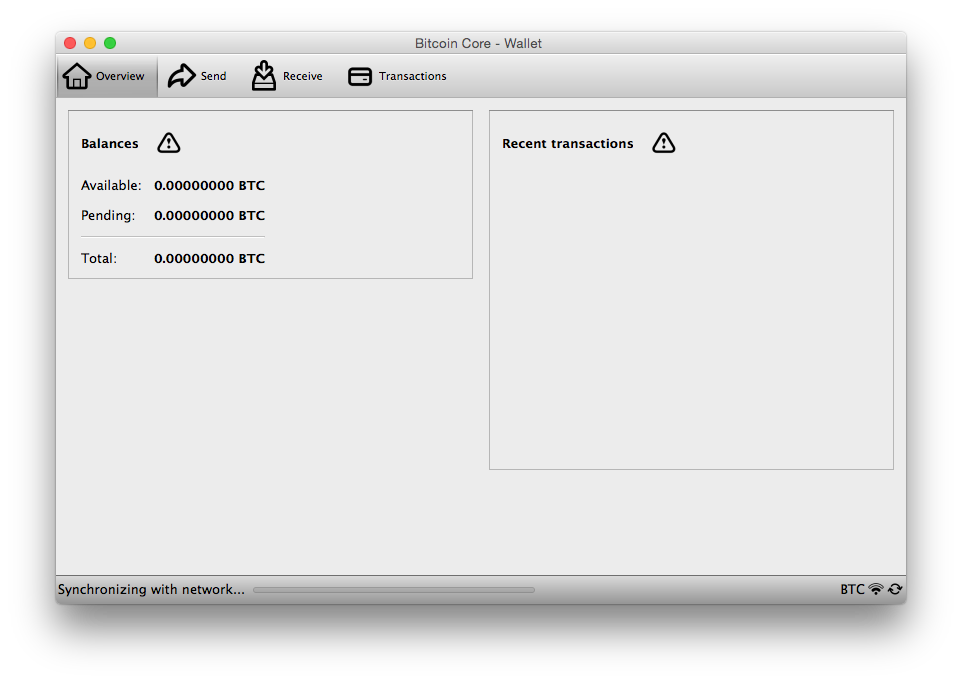
4. Encrypt Your Wallet:
- For added security, encrypt your wallet by setting a strong password. This password will be required to perform any transactions.
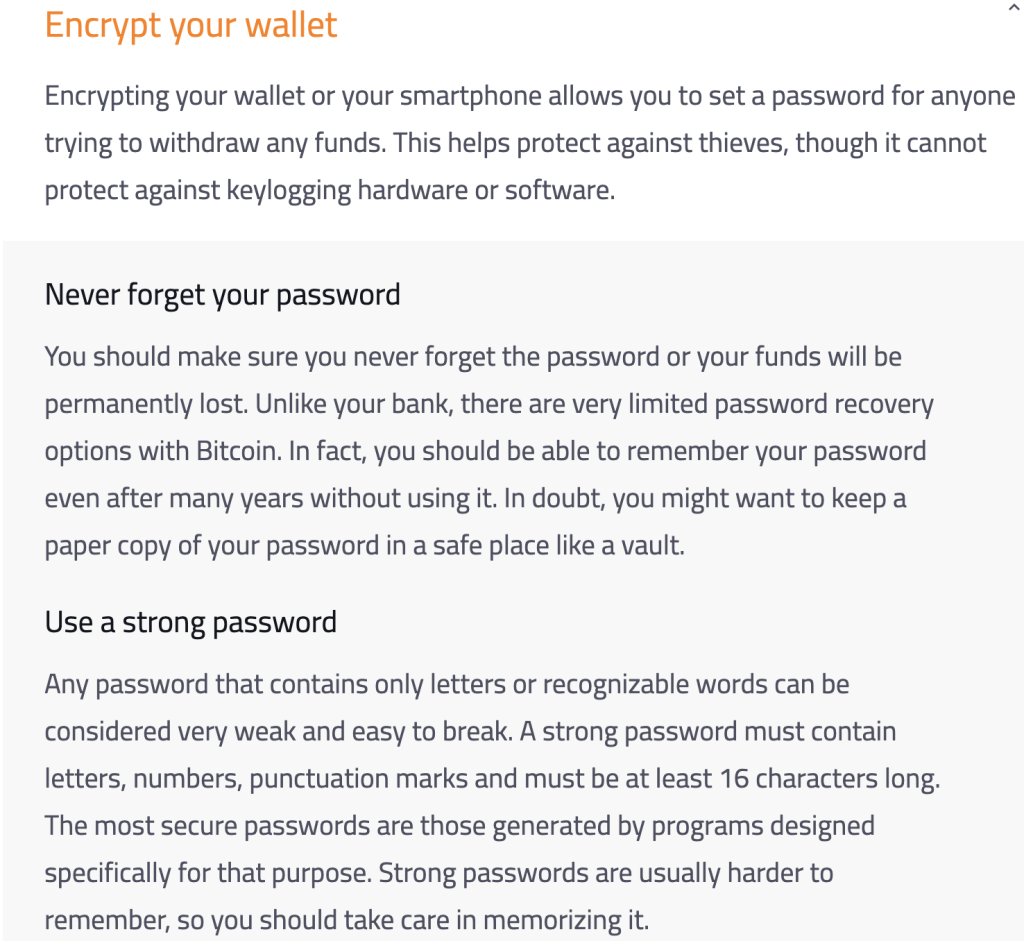
5. Backup Your Wallet:
- Create a backup of your wallet.dat file, which contains your private keys and transaction data. Store this backup in multiple secure locations to prevent loss of funds in case of hardware failure or other issues.
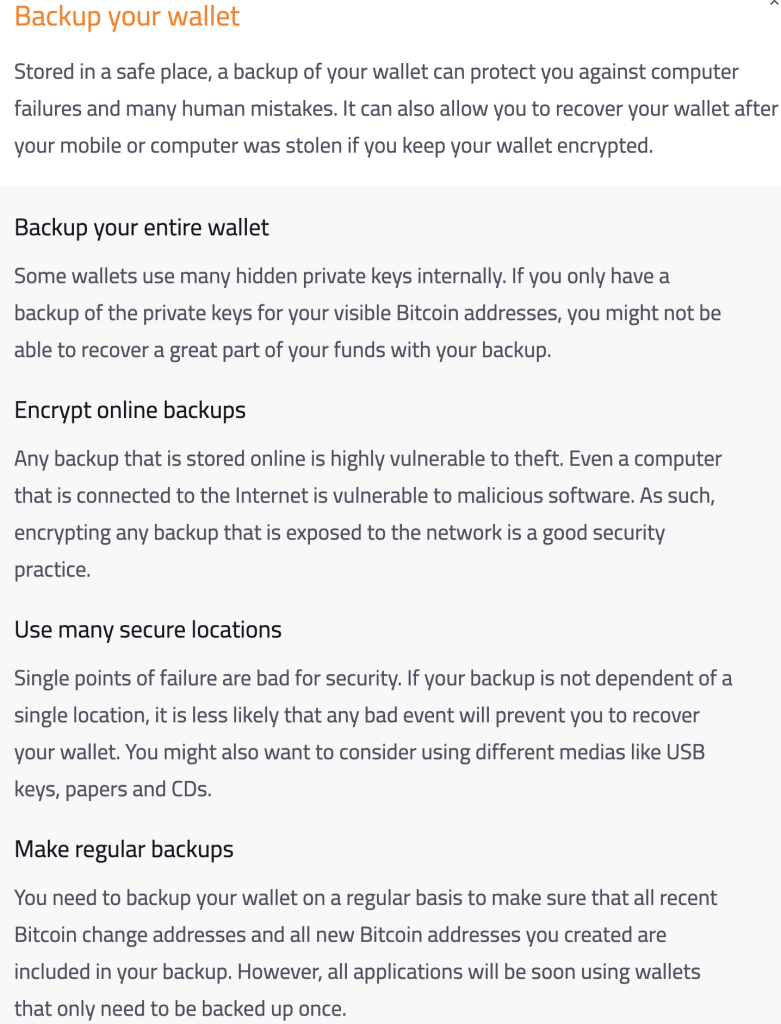
Using Bitcoin Core Wallet App and Hardware
Bitcoin Core can be used on various hardware setups, including dedicated computers and servers. It is not typically used with hardware wallets, as it operates as a standalone full-node.
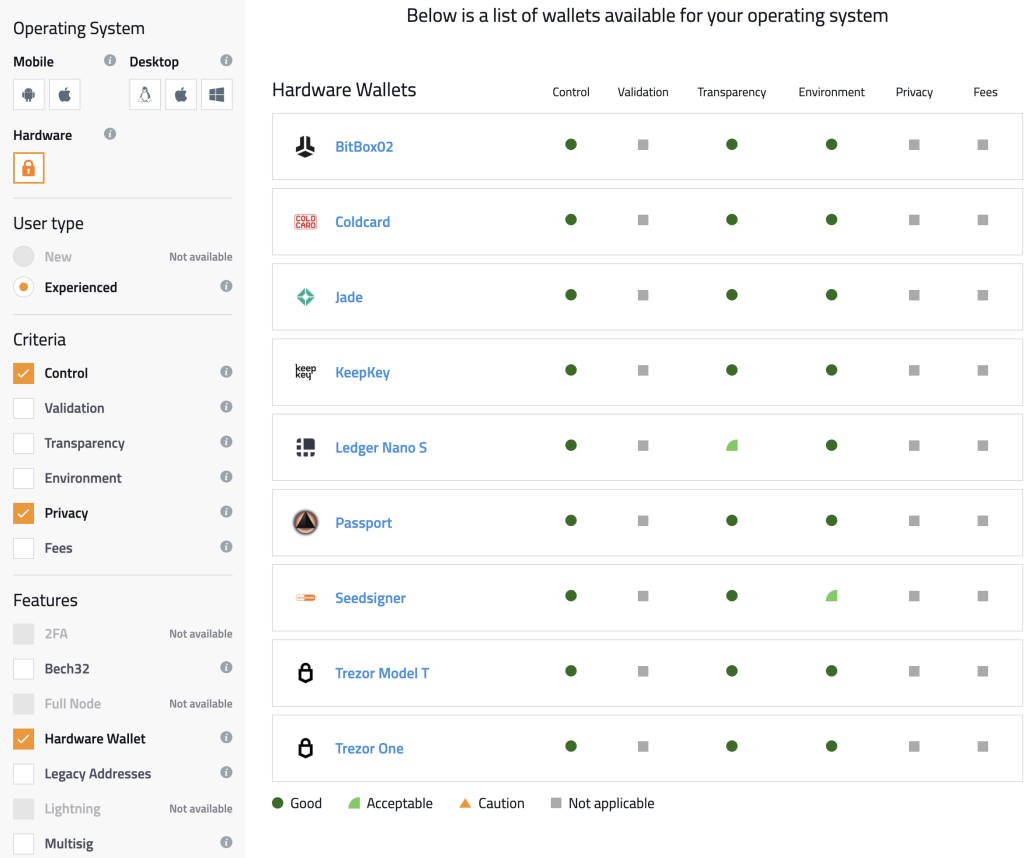
Supported Cryptocurrencies
Bitcoin Core exclusively supports Bitcoin. It is dedicated to providing the most secure and reliable *BTC* experience without diversifying into other cryptocurrencies.
Design & Hardware
As per our Bitcoin Core review, the software’s robustness and long-term support ensure that it remains a durable choice for serious Bitcoin users. The user interface, though not as modern as some wallets, provides all necessary features and information for effective Bitcoin management.
Build Quality & Durability
While Bitcoin Core Client is a software application rather than a physical product, its “build quality” can be evaluated in terms of its software robustness and reliability:
- Software Robustness: Bitcoin Core is known for its stability and reliability. It is developed and maintained by a dedicated team of developers from around the world, ensuring that the software is regularly updated to address bugs, security vulnerabilities, and performance improvements. The software undergoes rigorous testing before each release to ensure that it functions correctly under various conditions.
- Long-Term Support: The development team behind Bitcoin Core is committed to providing long-term support for the software. This commitment means that users can rely on Bitcoin Core for the foreseeable future, knowing that it will continue to be maintained and improved.
- Open Source: Bitcoin Core is open-source software, meaning its code is publicly available for anyone to review, audit, and contribute to. This transparency helps ensure the software’s integrity and security, as it allows for community scrutiny and collaboration.
- Community and Developer Support: Bitcoin Core benefits from a large and active community of developers and users. This community support helps quickly address issues, provide user assistance, and ensure that the software evolves to meet the needs of its users.
Display Features
The Bitcoin Core interface is designed to provide users with comprehensive information and easy access to essential features:
- Transaction History: Bitcoin Core provides a detailed history of all transactions made through the wallet. Users can view transaction details, including dates, amounts, addresses, and confirmation status. This feature is essential for tracking and auditing Bitcoin transactions.
- Address Book: The wallet includes an address book feature, allowing users to save frequently used addresses. This feature simplifies the process of sending Bitcoin to regular contacts by eliminating the need to enter addresses manually each time.
- Network Statistics: Bitcoin Core Client offers detailed network statistics, providing users with insights into their node’s connectivity and performance. Users can view information such as the number of active connections, block height, and network traffic. This information is valuable for users who want to monitor their node’s activity and performance.
- Coin Control: Advanced users can take advantage of the coin control feature, which allows them to select specific coins for spending. This feature helps manage transaction fees and enhances privacy by avoiding the linkage of addresses.
- Fee Estimation: Bitcoin Core includes a fee estimation tool that helps users determine the appropriate transaction fee based on current network conditions. This feature is crucial for ensuring that transactions are confirmed in a timely manner without overpaying for fees.
Connectivity Options
Bitcoin Core supports connections through the Internet and the Tor network for enhanced privacy. It also allows for manual peer connections, providing advanced users with greater control over their node’s network interactions.

Interface & Ease of Use
While Bitcoin Core’s interface may appear dated compared to newer wallets, it is functional and straightforward. The software is designed to provide all necessary features without unnecessary complexity.
User Experience with Bitcoin Core App and Hardware
Bitcoin Core provides users with comprehensive tools to manage their transactions effectively:
- Detailed Transaction History: Users can view an extensive history of their transactions, including details such as amounts, dates, and addresses involved. This feature helps in tracking and auditing funds over time.
- Fee Customization: Bitcoin Core allows users to customize transaction fees based on their urgency and preferences. This feature is crucial for managing costs, especially during times of network congestion.
- Address Book: The wallet includes an address book where users can save frequently used addresses. This feature simplifies the process of sending Bitcoin to regular contacts.
Compatibility & Connectivity
Bitcoin Core is compatible with Windows, macOS, and Linux. It requires a reliable internet connection and sufficient disk space to store the blockchain. Moreover, Bitcoin Core Client offers advanced network and connectivity options to enhance user control and privacy:
- Tor Integration: For users concerned about privacy, Bitcoin Core supports Tor integration, allowing transactions to be routed through the Tor network. This feature helps anonymize transactions and enhances security.
- Manual Peer Connections: Advanced users can manually add and manage peer connections. This feature provides greater control over the wallet’s network interactions and can help optimize performance and reliability.
- Bandwidth and Resource Management: Bitcoin Core includes settings for managing bandwidth and resource usage. Users can limit the wallet’s network activity during specific times or when using certain connections, ensuring it does not interfere with other activities.
What If I Lose the Bitcoin Core Wallet Device?
Losing the device running Bitcoin Core can be mitigated by having regular backups of the wallet.dat file or the seed phrase. These backups allow you to restore your wallet on a new device.
Bitcoin Core Wallet Price
Bitcoin Core is free to download and use. However, running a full node incurs indirect costs, such as the need for substantial disk space, bandwidth, and processing power.
Customer Reviews and Feedback
Bitcoin Core is highly regarded for its security and reliability. Users appreciate its transparency and the level of control it provides. However, the resource requirements and initial setup complexity can be daunting for some.
Warranty and Support
Bitcoin Core, being open-source software, does not come with a warranty. Support is community-driven, with numerous forums and documentation available for troubleshooting and guidance.

Comparing Bitcoin Core Wallet with Alternatives
As per our Bitcoin Core review, it stands out as a highly secure and decentralized option for managing Bitcoin, but it requires significant resources and technical knowledge. In contrast, alternatives like Electrum, Ledger Nano S/X, and Mycelium offer varying degrees of convenience, security, and functionality, catering to different user needs.
Bitcoin Core Competitors
The following are the competitors of Bitcoin Core wallet:
1. Electrum:
- Overview: Electrum is a lightweight Bitcoin wallet known for its speed, flexibility, and user-friendly interface. Unlike Bitcoin Core, Electrum does not require downloading the entire blockchain, which makes it much faster to set up and use.
- Features: Electrum offers advanced features such as multi-signature support, hardware wallet integration, and customizable transaction fees. It also supports cold storage and allows users to set up and manage multiple wallets.
- Security: Electrum employs strong security measures, including encrypted wallets, two-factor authentication, and support for hardware wallets like Trezor and Ledger. However, since it relies on third-party servers for blockchain data, it may be less secure than Bitcoin Core’s full-node approach.
- Ideal User: Electrum is best suited for users who need a fast and flexible Bitcoin wallet without the need to run a full node. It appeals to both beginners and advanced users who value convenience and advanced features.
2. Ledger Nano S/X:
- Overview: Ledger Nano S and Ledger Nano X are hardware wallets that offer secure storage for multiple cryptocurrencies. These wallets store private keys offline, providing robust protection against online threats.
- Features: The Ledger wallets support a wide range of cryptocurrencies, including Bitcoin, Ethereum, and many altcoins. They feature a secure chip, PIN code protection, and a recovery seed. The Nano X also offers Bluetooth connectivity for mobile use.
- Security: Ledger wallets are renowned for their high security, providing offline storage of private keys and protection against malware. The secure element chip and proprietary operating system (BOLOS) enhance security.
- Ideal User: Ledger Nano S/X is ideal for users who prioritize security and need to manage multiple cryptocurrencies. It’s a great choice for those who prefer hardware wallets and want the flexibility to use their wallet on-the-go (Nano X) or in a more static environment (Nano S).
3. Mycelium:
- Overview: Mycelium is a mobile Bitcoin wallet known for its advanced privacy features and ease of use. It provides a seamless interface for managing Bitcoin transactions on smartphones.
- Features: Mycelium supports HD (Hierarchical Deterministic) wallets, allowing for easy management of multiple addresses. It offers integration with hardware wallets like Trezor and Ledger, and features a built-in marketplace for buying and selling Bitcoin.
- Security: Mycelium emphasizes privacy and security, with features like local transaction signing and support for Tor. It also includes a PIN protection and a backup seed for wallet recovery.
- Ideal User: Mycelium is ideal for mobile users who need a convenient and secure way to manage their Bitcoin. It’s suitable for users who prioritize privacy and want advanced features like hardware wallet integration and a built-in marketplace.
Who Is This Wallet For?
Bitcoin Core is ideal for users who prioritize security, control, and decentralization. It is suited for technically inclined users willing to manage the resources and maintenance required to run a full node.
Conclusion: Is Bitcoin Core Wallet Right for You?
Bitcoin Core is a powerful and secure option for those dedicated to the principles of Bitcoin. It offers unparalleled security and control but requires significant resources and technical knowledge. If these trade-offs align with your needs, Bitcoin Core Client is an excellent choice.
Frequently Asked Questions
What Coins Are Supported by Bitcoin Core Wallet?
Bitcoin Core exclusively supports Bitcoin. Users looking to manage other cryptocurrencies will need to use additional wallets or services.
What Happens If Bitcoin Core Goes Out of Business?
As an open-source project, Bitcoin Core Client does not rely on a single entity. The community of developers can continue its maintenance and development even if the original contributors step down.
What Are The Disadvantages of Bitcoin Core Wallet?
Bitcoin Core wallet has high resource requirements, complex initial setup, and is limited to Bitcoin transactions only, making it less versatile than multi-currency wallets.
Is Bitcoin Core A Hot Or Cold Wallet?
Bitcoin Core is a hot wallet when used on an internet-connected device. However, it can be used in a cold wallet setup by keeping the device offline.
Why You Can Trust Our Review?
Our Bitcoin Core review is based on extensive research, user feedback, and firsthand experience with the software. We strive to provide unbiased and accurate information to help you make an informed decision.






